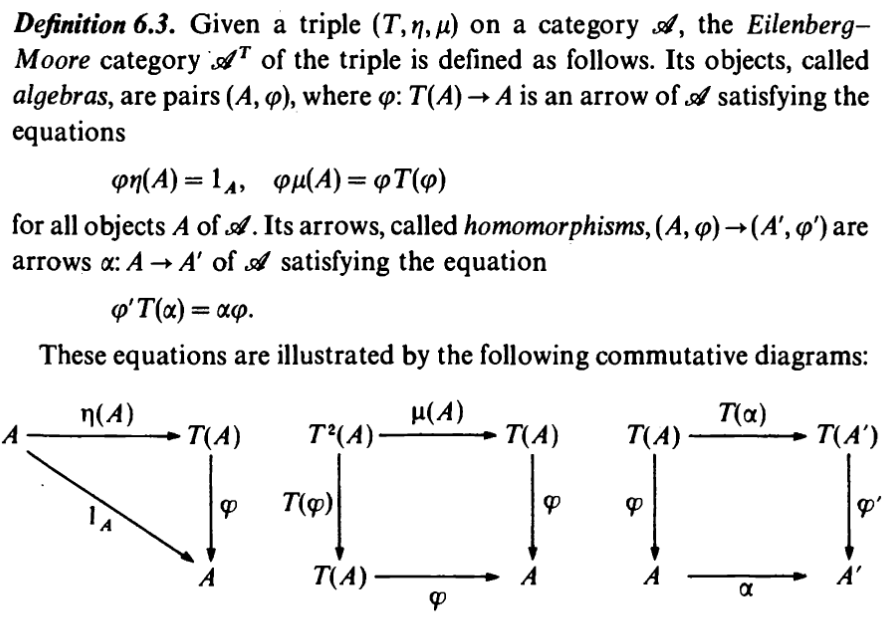Нарратив и факты
Jan. 26th, 2026 12:07 pmХороший пример того, что "понять" означает не выяснить факты, а придумать себе нарратив, который соответствует какому-то внутреннему пониманию мира.
Человек начинает с намерения найти видео о конфликте. Задача необыкновенно простая, потому что таких видео в нормальных СМИ очень много, включая источники, на которые дается ссылка.
Что происходит дальше? Каким-то образом, она приходит к нарративу, в котором все факты неверные (разбор после цитаты):
1. задерживали нелегала -- ICE не задерживал нелегала. Айсовец толкнул в снег женщину, которая снимала его на телефон.
2. чудик -- Мужчина, который решил помочь женщине был совершенно нормальным человеком. Он работал медбратом в системе VA, медицинских учреждений для помощи ветеранам, и у него была безупречная рабочая репутация.
3. получил ... маслину -- Мужчина получил 10 выстрелов в спину после того, как на него набросилось пять или шесть айсовцев.
4. тот, кого они пытались задержать - удрал. -- Женщина, которой помогал убитый, была американской гражданкой. Она никуда не удрала, а продолжала снимать сцену убийства.
5. жизнь потерял из-за какого-то нелегального криминала. -- В происходящем не было не только нелегалов, но и криминальных нелегалов.
Несмотря на то, что в нарративе нет ни одного верного факта (что проверяется элементарно), он является внутренне непротиворечивым рассказом о событиях. Она не врет, не создает спин, а искренне верит, что разобралась в происшедшем наилучшим способом. Никакие последующие обсуждения, не меняют ее нарратив.
Раньше я такое видел у часовщика, когда он по мотивам обсуждения в ЖЖ создавал себе фальшивый нарратив о том, как присяжные неправильно признали Трампа уголовным преступником. Сейчас не могу найти ссылку.
Человек начинает с намерения найти видео о конфликте. Задача необыкновенно простая, потому что таких видео в нормальных СМИ очень много, включая источники, на которые дается ссылка.
Впрочем нигде не могу найти видео начала конфликта: везде показывают, как он сопротивляется повалившим его полицейским.
Но некоторые СМИ утверждают, что есть какие-то видео, где он якобы подходит к ним не с пистолетом, а телефоном.
https://xaxam.dreamwidth.org/1333814.html?thread=8634422#cmt8634422
Что происходит дальше? Каким-то образом, она приходит к нарративу, в котором все факты неверные (разбор после цитаты):
Я так поняла, что они задерживали нелегала, а этот чудик решил зачем-то вмешаться.
Ну и получил, как пелось в той песне маслину.
А тот, кого они пытались задержать - удрал.
То есть мужик жизнь потерял из-за какого-то нелегального криминала.
Чистая премия Дарвина.
Да.
https://julinona.dreamwidth.org/494833.html?thread=5830385#cmt5830385
1. задерживали нелегала -- ICE не задерживал нелегала. Айсовец толкнул в снег женщину, которая снимала его на телефон.
2. чудик -- Мужчина, который решил помочь женщине был совершенно нормальным человеком. Он работал медбратом в системе VA, медицинских учреждений для помощи ветеранам, и у него была безупречная рабочая репутация.
3. получил ... маслину -- Мужчина получил 10 выстрелов в спину после того, как на него набросилось пять или шесть айсовцев.
4. тот, кого они пытались задержать - удрал. -- Женщина, которой помогал убитый, была американской гражданкой. Она никуда не удрала, а продолжала снимать сцену убийства.
5. жизнь потерял из-за какого-то нелегального криминала. -- В происходящем не было не только нелегалов, но и криминальных нелегалов.
Несмотря на то, что в нарративе нет ни одного верного факта (что проверяется элементарно), он является внутренне непротиворечивым рассказом о событиях. Она не врет, не создает спин, а искренне верит, что разобралась в происшедшем наилучшим способом. Никакие последующие обсуждения, не меняют ее нарратив.
Раньше я такое видел у часовщика, когда он по мотивам обсуждения в ЖЖ создавал себе фальшивый нарратив о том, как присяжные неправильно признали Трампа уголовным преступником. Сейчас не могу найти ссылку.



